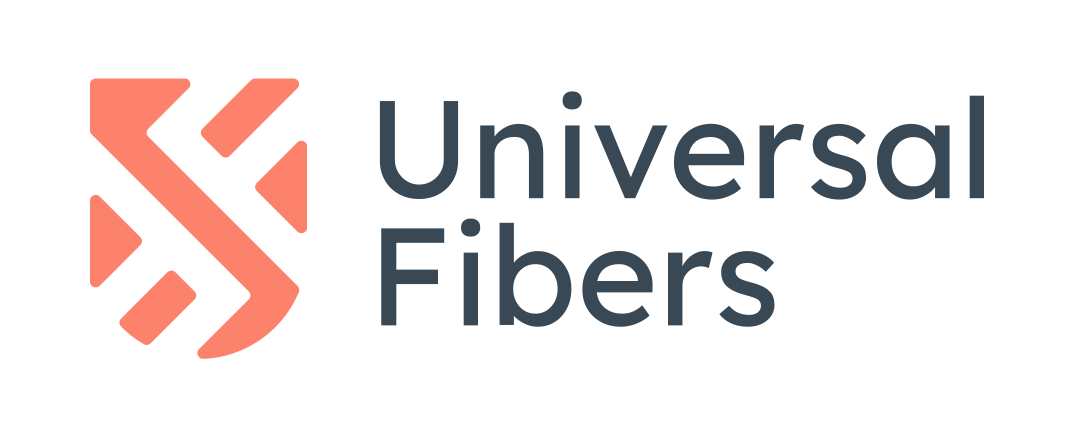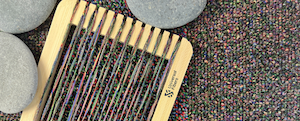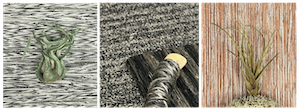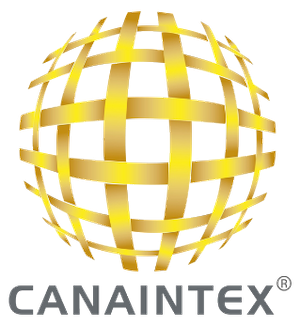 BALLY, Pa. — February 28, 2025 — Bally Ribbon Mills (BRM) — a designer, developer, and manufacturer of highly specialized engineered woven fabrics — announced it will highlight its 3D weaving capabilities at JEC World 2025, which will be held on March 4-6, 2025, in Paris-Nord Villepinte, France, Booth #6M38. BRM will highlight its film infusion capabilities for 3D woven joints; woven thermal protection systems (TPS); and advanced woven composite 3D structures, including 3D near-net shapes.
BALLY, Pa. — February 28, 2025 — Bally Ribbon Mills (BRM) — a designer, developer, and manufacturer of highly specialized engineered woven fabrics — announced it will highlight its 3D weaving capabilities at JEC World 2025, which will be held on March 4-6, 2025, in Paris-Nord Villepinte, France, Booth #6M38. BRM will highlight its film infusion capabilities for 3D woven joints; woven thermal protection systems (TPS); and advanced woven composite 3D structures, including 3D near-net shapes.
In BRM’s film infusion process, a frozen sheet or film of resin is infused onto the custom 3D woven joint. Film-infused 3D woven joints ship as pre-made assemblies, ensuring consistent quality control from the industry-leading experts in fabrication and saving customers the cost of infusing the resin themselves. BRM has perfected the science and art of 3D continuous weaving to fabricate such structures as “Pi – π,” double “T,” “H,” and other complex shapes. Offering the optimal blend of strength, durability, and structural integrity, these complex woven structures are used primarily in aerospace applications, often in airframe structural components and subassemblies including stiffeners and joints.
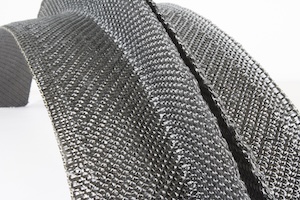 Those who visit the booth will see lightweight materials like 3-D woven fabrics and learn about its multifunctional thermal protection systems (TPS) for atmospheric re-entry. BRM has implemented innovative weaving technologies to develop complex webbing for aerospace products. The woven TPS billet to be showcased at the booth is part of a line of products that was selected as the critical component of the heat shield on the Orion Crew Capsule, which helps protect against the extreme temperatures of atmospheric re-entry.
Those who visit the booth will see lightweight materials like 3-D woven fabrics and learn about its multifunctional thermal protection systems (TPS) for atmospheric re-entry. BRM has implemented innovative weaving technologies to develop complex webbing for aerospace products. The woven TPS billet to be showcased at the booth is part of a line of products that was selected as the critical component of the heat shield on the Orion Crew Capsule, which helps protect against the extreme temperatures of atmospheric re-entry.
In partnership with NASA, BRM developed the 3D Orthogonally woven 3DMAT Quartz Material for the Orion Multi-Purpose Crew Vehicle (MPCV) compression pads. The 3DMAT Quartz Material was named the 2023 NASA Government Invention of the Year.
Also on display are lightweight, cost-effective, advanced woven 2D and 3D composite structures. Using a multi-dimensional continuous weaving method, BRM produces textiles that can be fabricated into near net-shape structures. These advanced weaving capabilities offer customers new solutions that reduce weight and cost. The technology weaves complex shapes automatically, eliminating many costly, time-consuming, and labor-intensive processes.
Posted: February 28, 2025
Source: Bally Ribbon Mills (BRM)


